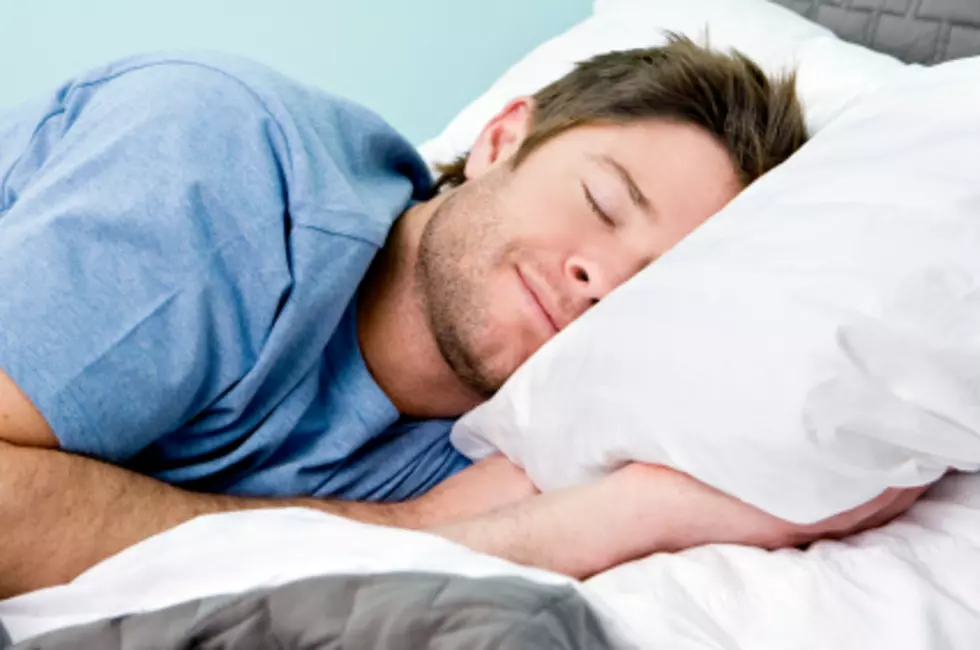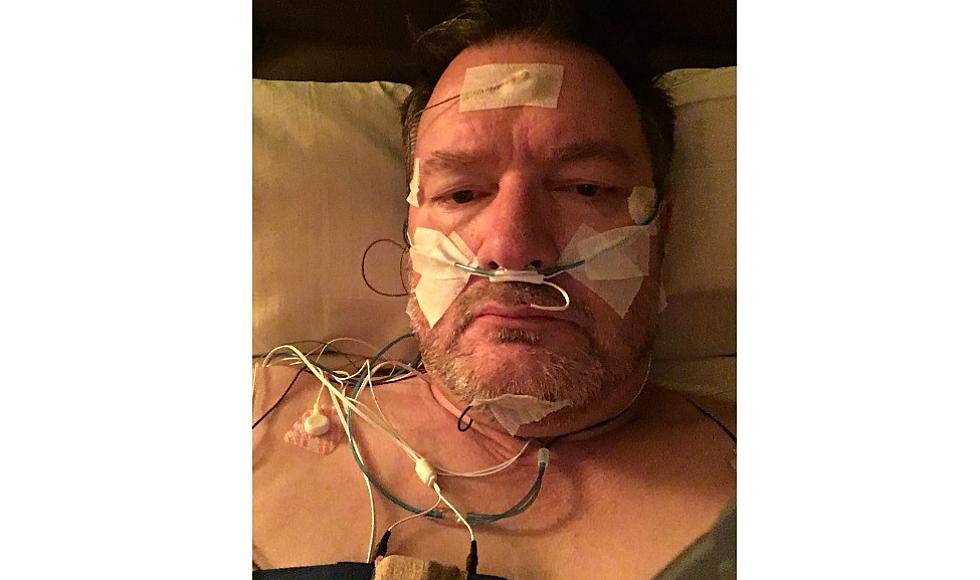
When’s Bedtime? – Survey of the Day
I have been helping Northern Colorado wake up as a part of the morning show on 94.3 MAX-FM for a little over a year now, and that means I have been getting up earlier that I though humanly possible for a year now too. As a guy who has always not only loved sleep, but needed it to function, with an early start to the day comes an early bedtime as well. Unless there is a unique circumstance, I shoot for between 8:30 and 9 to be sawing logs. When do you hit the hay?
Those unique circumstances I speak of seem to happen more and more lately. Like last night, I had to stay up and watch the Nuggets get beat by both the Lakers and referees, and didn't get to bed until almost 11. 11pm-4am on equals 5 hours of sleep, and for a guy who needs between 8-10 to function, it makes for a sleepy Monday.
The other problem with trying to go to bed so early is the fear of missing out on things. So many things happen at night anymore that going to bed at 8:30 every night will cause you to miss out at times. From the news to summer concerts that don't even start until 8 usually, we live in a society that isn't conducive to going to bed early.
Although it is relatively unclear when most Americans go to bed and get up, because there is such are so many diverse schedules, it is clear that sleep is extremely important. Human beings are hardwired to sleep eight hours a day. When we miss out on this, there are significant physical and mental consequences. Dr. Rafael Pelayo of Stanford University's Sleep Disorder Clinic doesn't mince words. Sleep deprivation is dangerous, he told Healthology Inc. If your body is deprived of sleep, you'll have problems with memory and concentration, including finding the right word when you speak or write. You will get irritable. Neurotransmitters in the brain become altered, and children's growth will be stunted. You'll also become more susceptible to infection, and at its extreme, sleep deprivation can lead to death. Surprisingly, if you sleep six hours a night, that's considered too little and could lead to sleep deprivation, according to researchers from the Penn State College of Medicine.
More From 94.3 The X


![Cuddly Parrot Will Make You Wish You Didn’t Get Out of Bed This Morning [VIDEO]](http://townsquare.media/site/50/files/2016/06/image36.jpeg?w=980&q=75)



![For How Long Do You Set Your Snooze Alarm? [POLL]](http://townsquare.media/site/49/files/2015/06/Sleeping-Person-2-Thinkstock.jpg?w=980&q=75)
![Who Has the Best Doughnut in Northern Colorado? [POLL]](http://townsquare.media/site/51/files/2012/10/Donuts.jpg?w=980&q=75)
![If You Had to Spend $1, What Would You Buy? [POLL]](http://townsquare.media/site/51/files/2012/11/Dollar.jpg?w=980&q=75)
